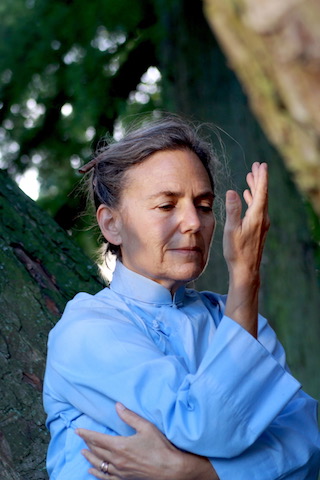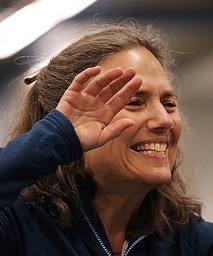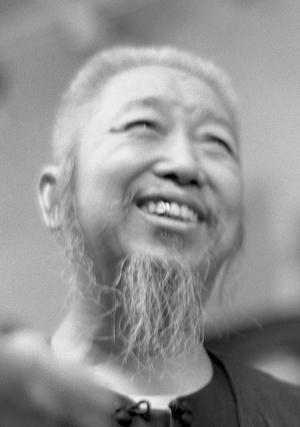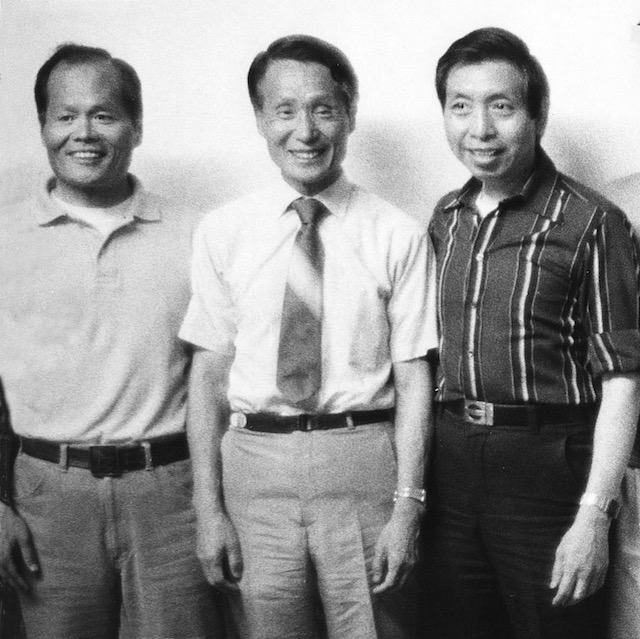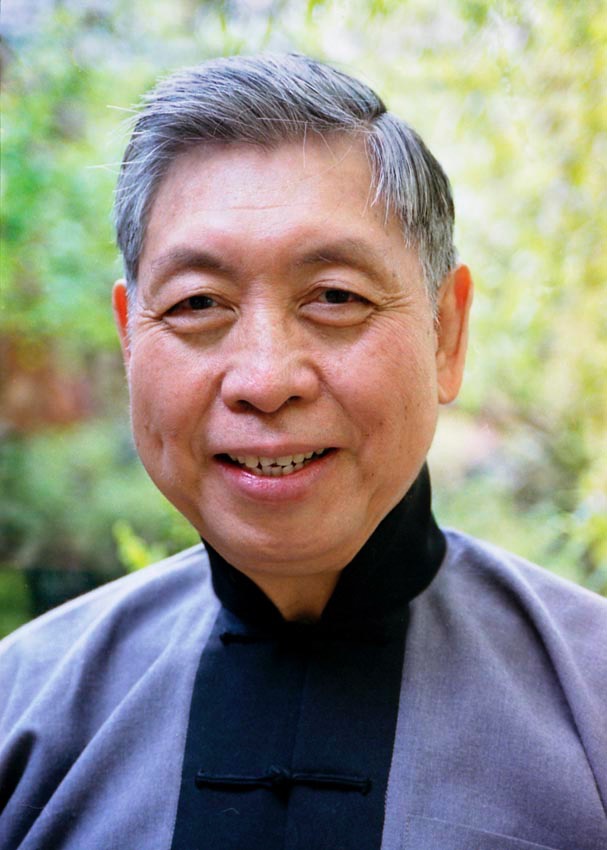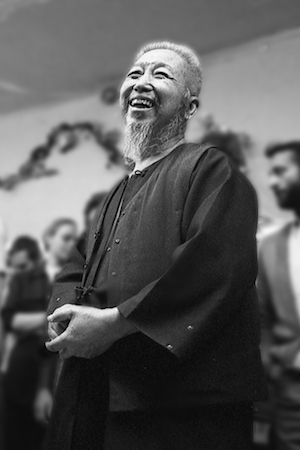Laura Stone Interview (part 4) from December 2018 by Connie Witte. This interview was published in the TQT (Dutch Taijiquan magazine) and translated by Laura Stone. It seems dangerous to me to silence the reptilian brain? Of course there are limits, in a life-threatening situation you have to have that […]
Grandmaster
Laura Stone Interview (part one) from December 2018 by Connie Witte. This interview was published in the TQT (Dutch Taijiquan magazine) and translated by Laura Stone. Quotes interspersed in this interview with Laura Stone: Music and T’ai Chi Chuan came together for me in calligraphy. Learning from Grandmaster Chen is […]
Laura Stone Interview (part 5) from December 2018 by Connie Witte. This interview was published in the TQT (Dutch Taijiquan magazine) and translated by Laura Stone. Why T’ai Chi athlete? I don’t look like an athlete, but I do have that awareness. I’m a T’ai Chi athlete, not in competition, […]
Grandmasters, Big Sisters and Elder Brothers As Taijiquan in the Cheng Man Ching tradition has gone beyond the traditional system of Baishi and formal acceptance into the “family” or the monastic community as a Tudi or disciple back in the 1960s, the honorable naming of elder teachers and students follows […]
Cheng Man Ching’s direct students – the “second generation” if one sees Cheng Man Ching’s influence as determining a new approach – seem to follow this new tradition while continuing to adapt further to modernity. The Master as student and teacher Taken as an example out of the group of […]
The title of “Master” in the Tai Chi lineage following Cheng Man Ching Back in (historic) China, the terms used to formally address one’s Taijiquan teacher in the proper way depended on the actual student-teacher relationship. While the Chinese terms differ widely, in English language the use of “Master” became […]
My Autobiography William C. C. Chen My name is William C C Chen’ I am a disciple of Professor Cheng Man-ching (鄭曼青) who was known as a great grand master of Yang’s Style T’ai Chi Ch’uan. His five talents were: painting, calligraphy, poetry, Chinese medicine, and T’ai Chi Ch’uan. He […]
Cheng Man Ching’s teaching was marked by underlining sameness and diversity at the expense of hierarchy and difference. This approach formed the basis of his unique way of bridging the cultural gap between East and West. “You are what you are.” His hippie students in New York – some searching […]


